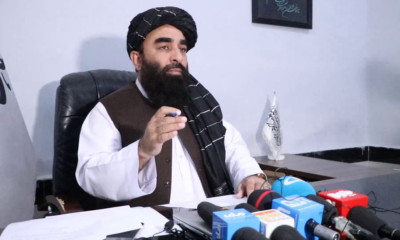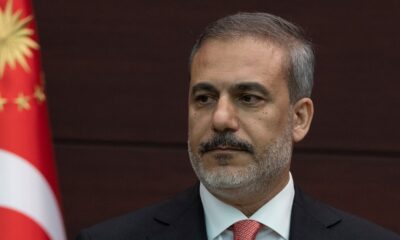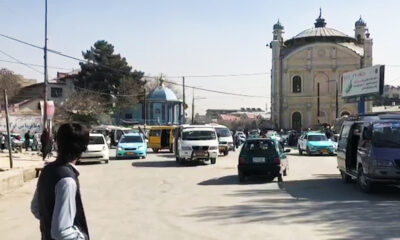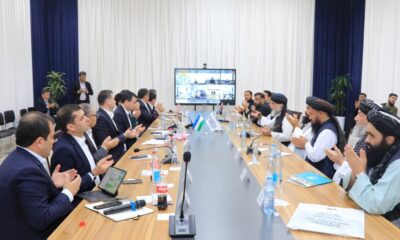Latest News
Ghani tells BBC his biggest mistake was trusting foreign partners
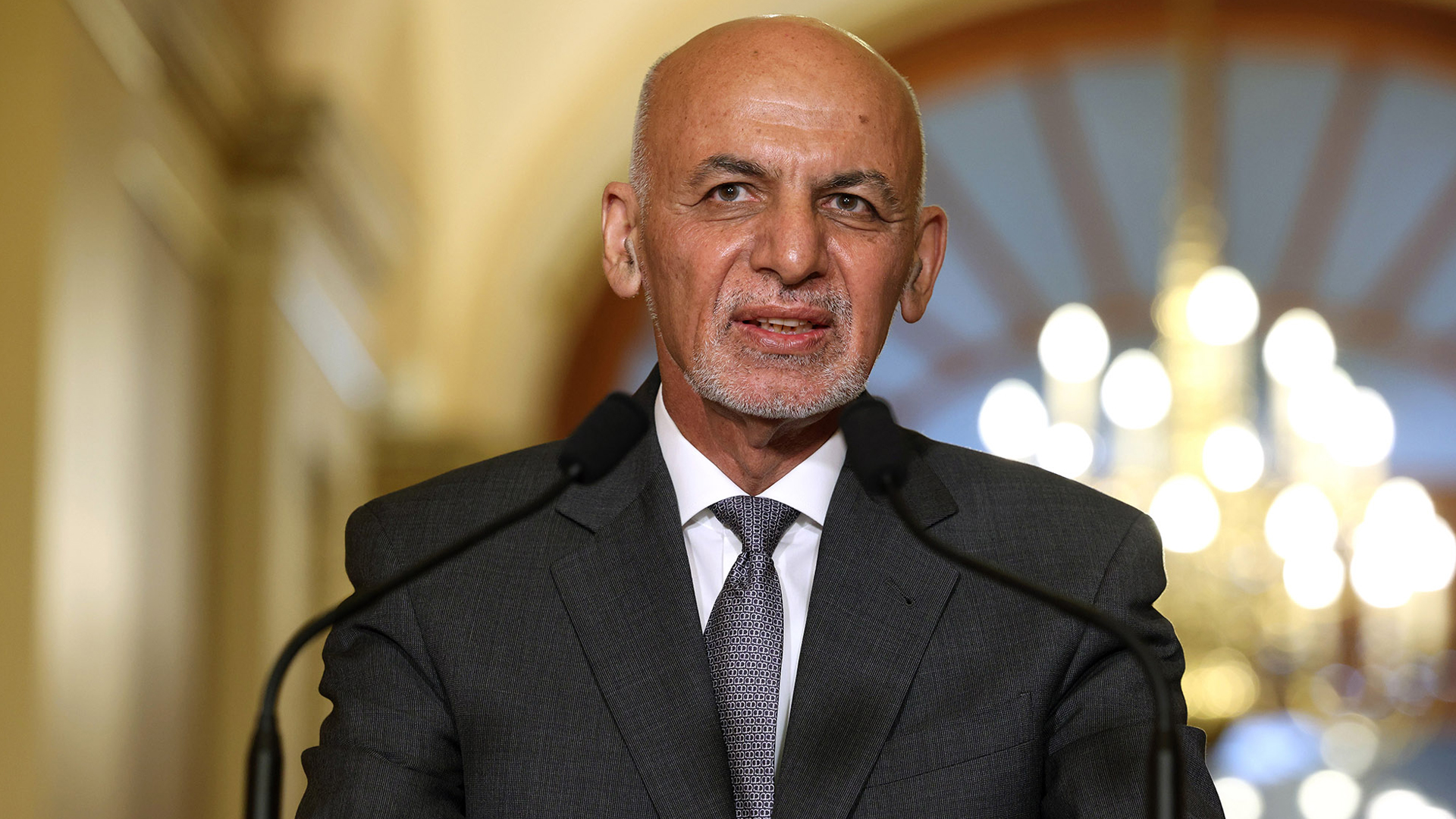
Former President Ashraf Ghani said on Thursday that his biggest mistake had been to trust the United States and Afghanistan’s other foreign partners.
In his first interview since fleeing the country in mid-August, the former president told BBC Radio 4 that leaving Afghanistan had not been planned and that only after takeoff in a helicopter did this course of action become clear.
Ghani has been heavily criticized and accused of abandoning the country but he defended his decision to flee.
The Islamic Emirate of Afghanistan (IEA) seized power in August after taking control of Kabul – just hours after Ghani fled the country.
Ghani told BBC that when he woke up on 15 August he had “no inkling” it would be his last day in Afghanistan.
In a conversation with General Sir Nick Carter, the UK’s former Chief of the Defence Staff, who was guest-editing BBC Radio 4’s Today program on Thursday, Ghani said IEA fighters had agreed not to enter Kabul – “but two hours later, this was not the case”.
“Two different factions of the Taliban (IEA) were closing in from two different directions,” Ghani said. “And the possibility of a massive conflict between them that would destroy the city of five million and bring havoc to the people was enormous.”
He said he agreed to let his national security adviser and wife leave Kabul, but then the “terrified” chief of presidential security came to him to say that if he took a stand, “they will all be killed”.
“He did not give me more than two minutes,” Ghani said. “My instructions had been to prepare for departure for [the city of] Khost. He told me that Khost had fallen and so had Jalalabad.
“I did not know where we will go. Only when we took off, it became clear that we were leaving [Afghanistan]. So this really was sudden.”
Ghani was widely criticized for having fled the country, also by his vice-president Amrullah Saleh, who called it “disgraceful”.
Many people, who were privy to talks at the time, have said in the past few months that Ghani’s sudden secret departure on 15 August scuppered a deal to secure a more orderly transition.
Ghani, who is living in the UAE, said in conversation that he misread US politics and the situation on the ground at the time.
Allegations of him having taken vast amounts of money also emerged following his departure and just this week was he named as one of the most corrupt people in the world.
Ghani however denied this and said he would welcome an international investigation into the allegations so that he can clear his name.
“I want to categorically state, I did not take any money out of the country,” he said, adding: “My style of life is known to everyone. What would I do with money?”
He did however acknowledge that mistakes were made, including “assuming that the patience of the international community would last”.
However, he pointed to the agreement made between the IEA and the US under then-President Donald Trump, which paved the way for the events leading to 15 August.
“Instead of a peace process, we got a withdrawal process,” Ghani said. The way the deal was done “erased us”, said Ghani.
Ghani said that what happened on August 15 was “a violent coup, not a political agreement, or a political process where the people have been involved”.
The same day Ghani left Kabul, the IEA took control. Since then, the country has been thrown into a humanitarian and economic crisis, exacerbated by the removal of donor support and foreign aid as well as the freezing of over $9 billion of Afghanistan’s foreign reserves.
Four months later, Ghani says he is willing to take the blame for some things which led to the fall of Kabul – like trusting “in our international partnership”.
He told BBC that his “life work has been destroyed. My values had been trampled on. And I have been made a scapegoat.”
Latest News
IEA: Special circle in Pakistan has launched mission to destabilize region
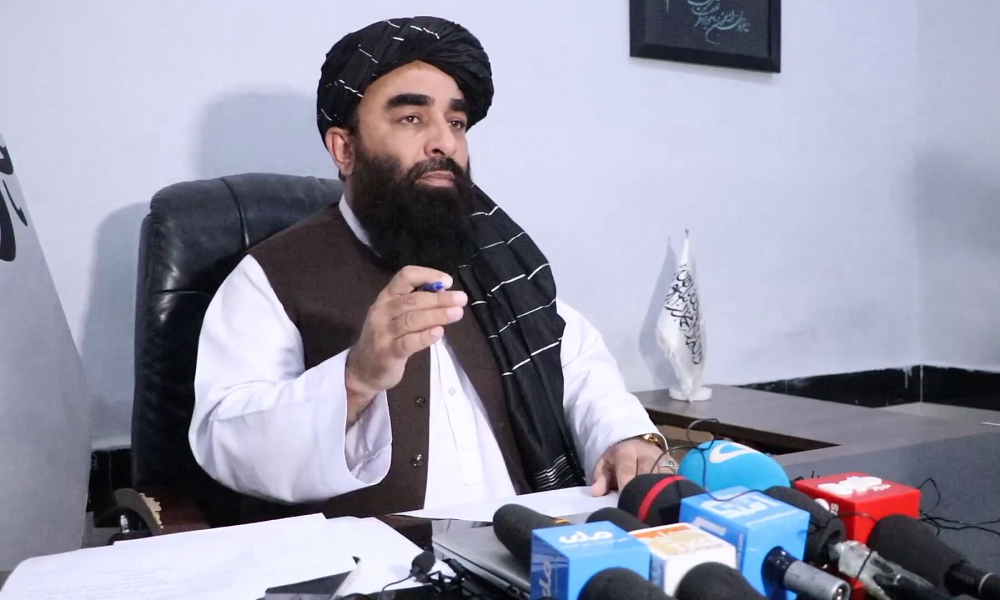
The spokesperson of the Islamic Emirate of Afghanistan, Zabihullah Mujahid, says that a special circle in Pakistan has launched a mission to destabilize the region following the recent escalation of conflicts between the two countries.
Speaking at a press conference in Kandahar province on Friday, Mujahid urged regional countries to put a stop to the “troublemakers.”
Mujahid stated that Afghan air forces had precisely targeted Pakistani military centers.
In response to a question about what position the Islamic Emirate would take if regional countries called for a halt to the war, he said that the Islamic Emirate seeks a peaceful resolution of issues and that they have previously held several rounds of negotiations and discussed the matters; however, the Pakistani side has not been prepared to resolve the issues through peaceful dialogue.
The spokesperson of the Islamic Emirate emphasized that the Pakistani side consistently attempts to fabricate pretexts for war and links its internal issues to Afghanistan.
Mujahid further stated that Pakistani aircraft are still patrolling Afghanistan’s airspace.
Last night, following retaliatory attacks by Afghan forces on Pakistani military facilities across the Durand Line, Pakistan’s military regime carried out airstrikes on locations in three Afghan provinces.
Mujahid confirmed that Pakistani forces bombed certain areas in Kabul, Kandahar, and Paktia.
He added that during the fighting that began Friday night, 13 Afghan soldiers were “martyred” and 22 others were wounded.
The Islamic Emirate of Afghanistan described the operation as retaliation for Pakistan’s previous attacks in Nangarhar and Paktika earlier this week.
The Afghan Ministry of National Defense also announced that in these clashes, Afghan forces killed 55 Pakistani soldiers, captured several others, and seized two military headquarters along with 19 security posts.
Latest News
Turkey launches initiative to diffuse Afghanistan-Pakistan tension
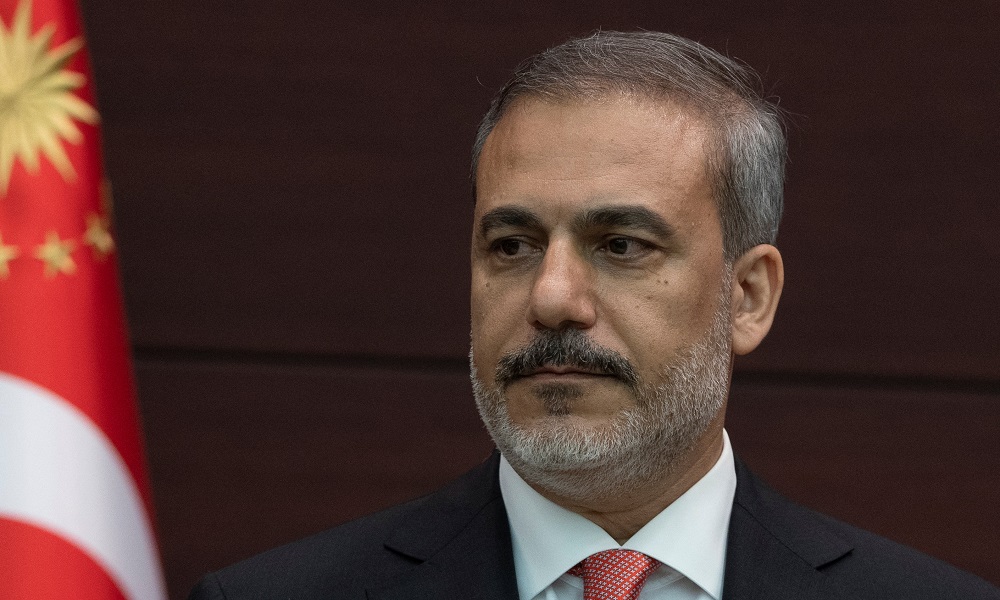
Turkish Foreign Minister Hakan Fidan on Friday exchanged phone conversations with both Afghan and Pakistani top diplomats as well as other regional prominent actors amid growing tension between the two neighboring countries.
Fidan spoke on the phone with Afghan Foreign Minister Amir Khan Muttaqi and Pakistani Foreign Minister Mohammed Ishaq Dar, Turkish media reported citing sources.
The initiative came after the two countries attacked each other.
Turkish media reported that Fidan also spoke with Qatari Foreign Minister Sheikh Mohammed bin Abdurrahman Al Thani and Saudi Foreign Minister Prince Faisal bin Farhan to discuss the recent developments between Afghanistan and Pakistan.
Latest News
Afghan Air Force conducts airstrikes in Islamabad, other cities
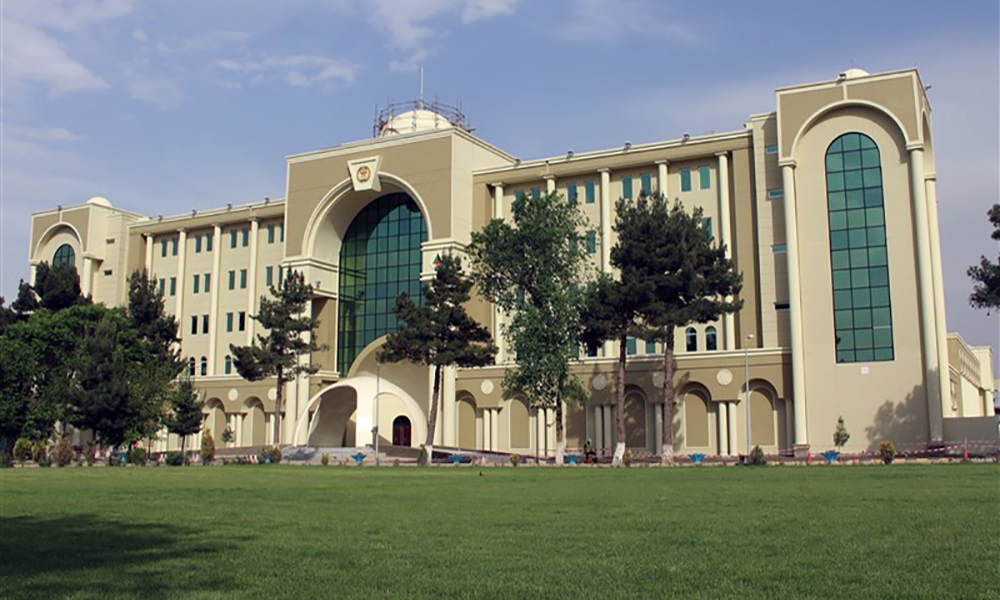
Afghan Air Force conducted airstrikes against Pakistani military targets in Islamabad and other cities on Friday, Afghanistan’s Ministry of National Defense said.
The strikes were carried out at 11:00a.m. near Faizabad in Islamabad, targeting a military camp, the Nowshera Cantt, Jamrud Military Colony, and Abottabad.
According to the Ministry, the operations successfully hit key military sites, centers, and facilities. The strikes were conducted in response to Pakistani military air raids carried out last night in Kabul, Kandahar, and Paktia.
-

 Latest News5 days ago
Latest News5 days agoRussia estimates up to 23,000 terrorists present in Afghanistan
-

 Latest News4 days ago
Latest News4 days agoIEA rejects Russia’s claims of foreign militants in Afghanistan
-
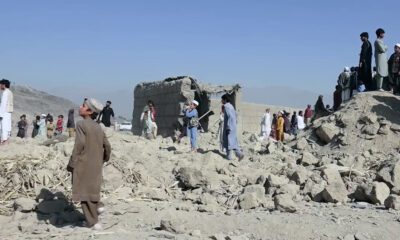
 Latest News5 days ago
Latest News5 days agoUNAMA reports civilian casualties from Pakistani airstrikes in Afghanistan
-

 International Sports4 days ago
International Sports4 days agoAFC Champions League Elite gears up for Round of 16 as league stage concludes
-

 Sport3 days ago
Sport3 days agoRichard Pybus appointed as head coach of Afghanistan’s national cricket team
-
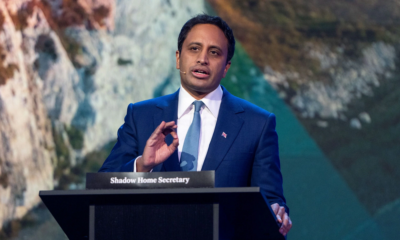
 Latest News5 days ago
Latest News5 days agoUK’s Reform party pledges visa ban affecting Afghanistan and five other states
-
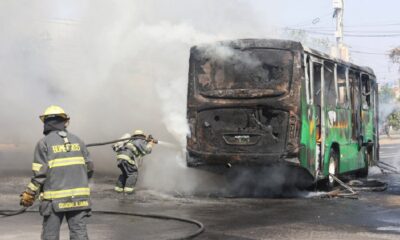
 World5 days ago
World5 days agoMexican military kills cartel boss ‘El Mencho’ in US-backed raid
-

 World2 days ago
World2 days agoIndia’s Modi backs Israel in address at Israeli parliament


